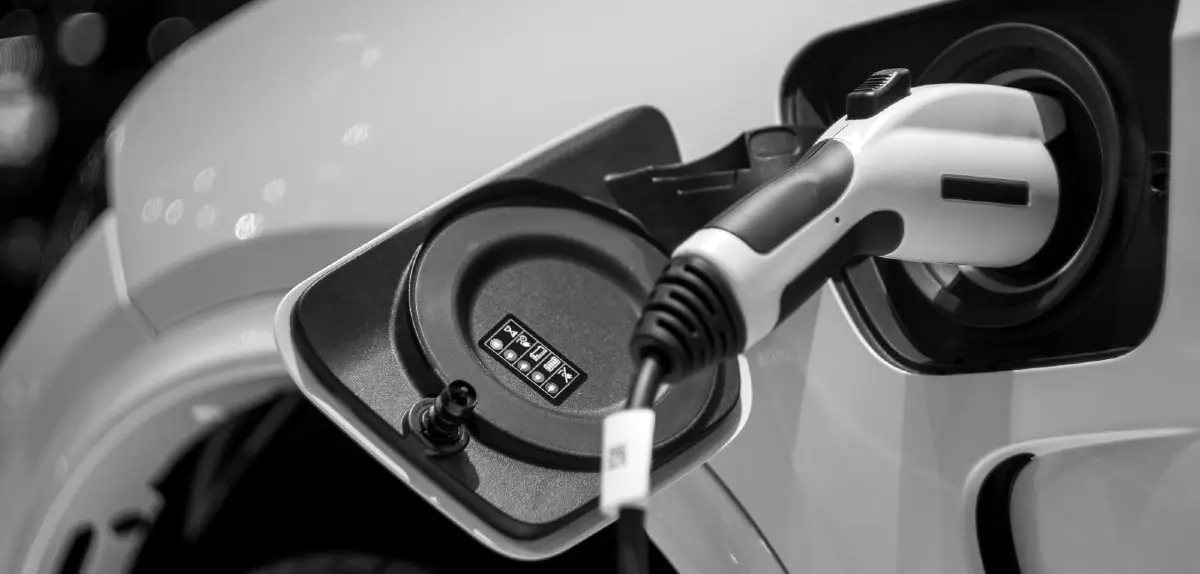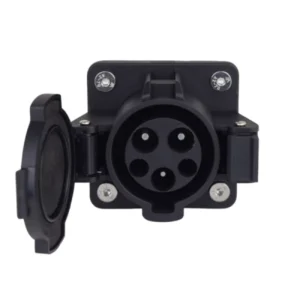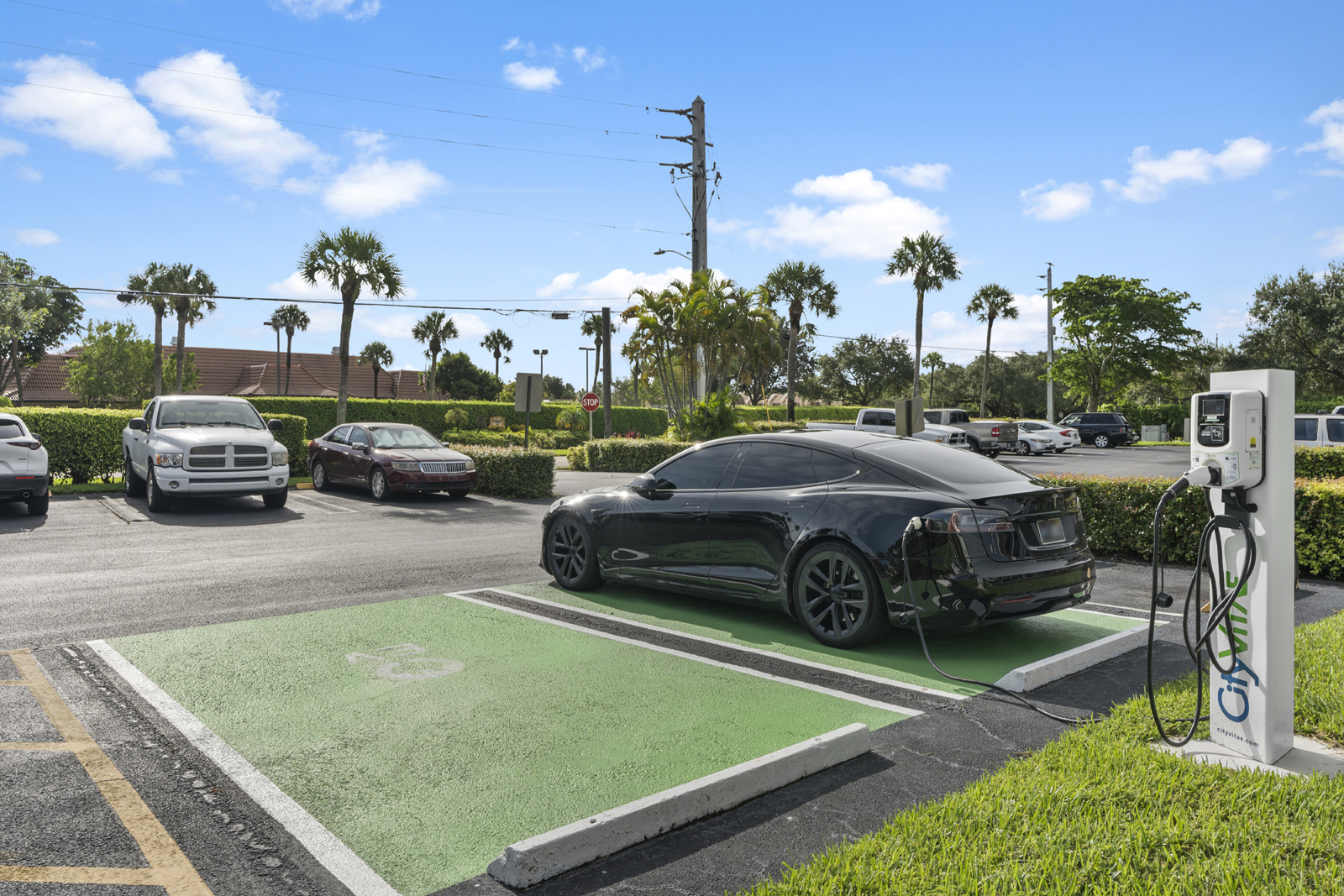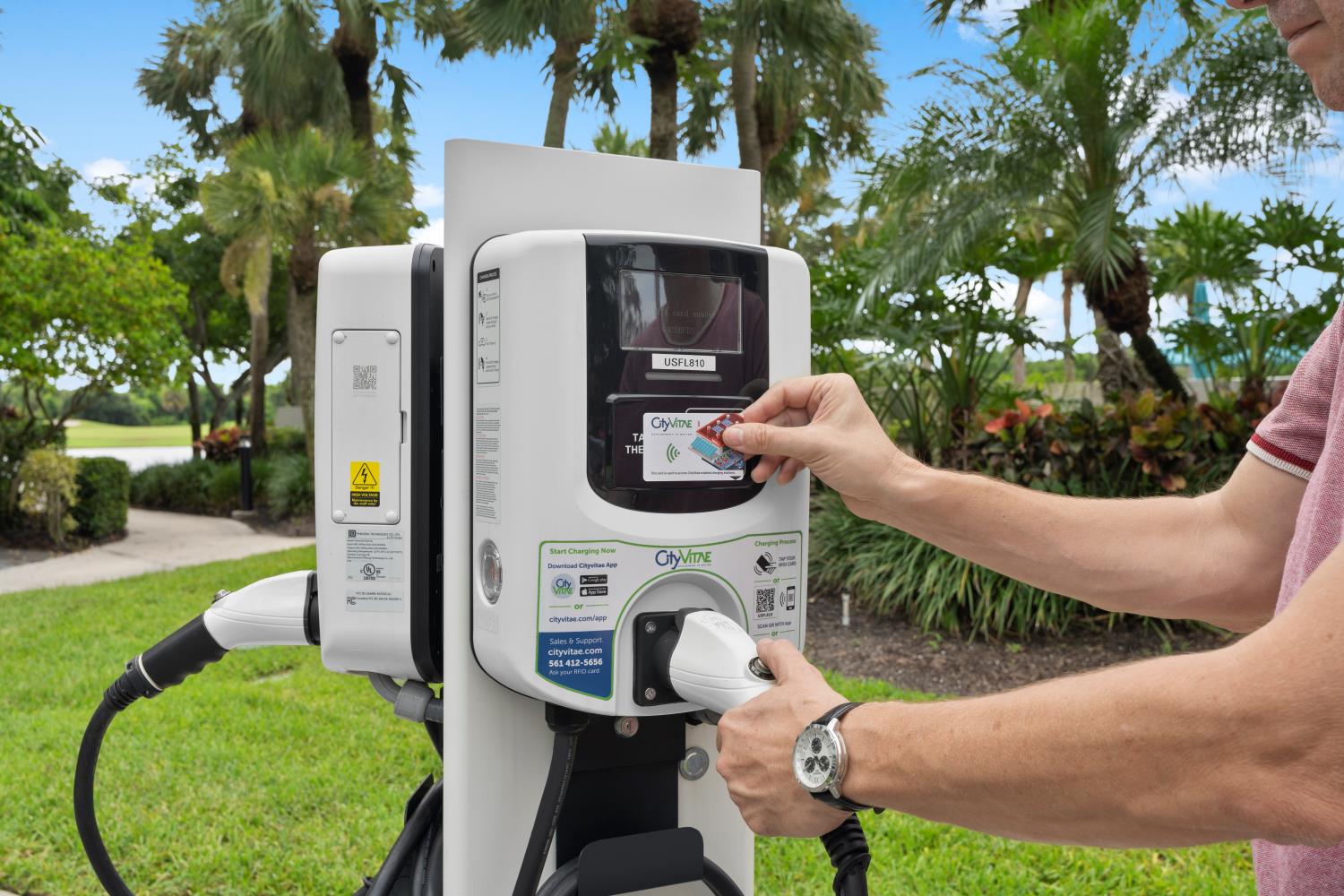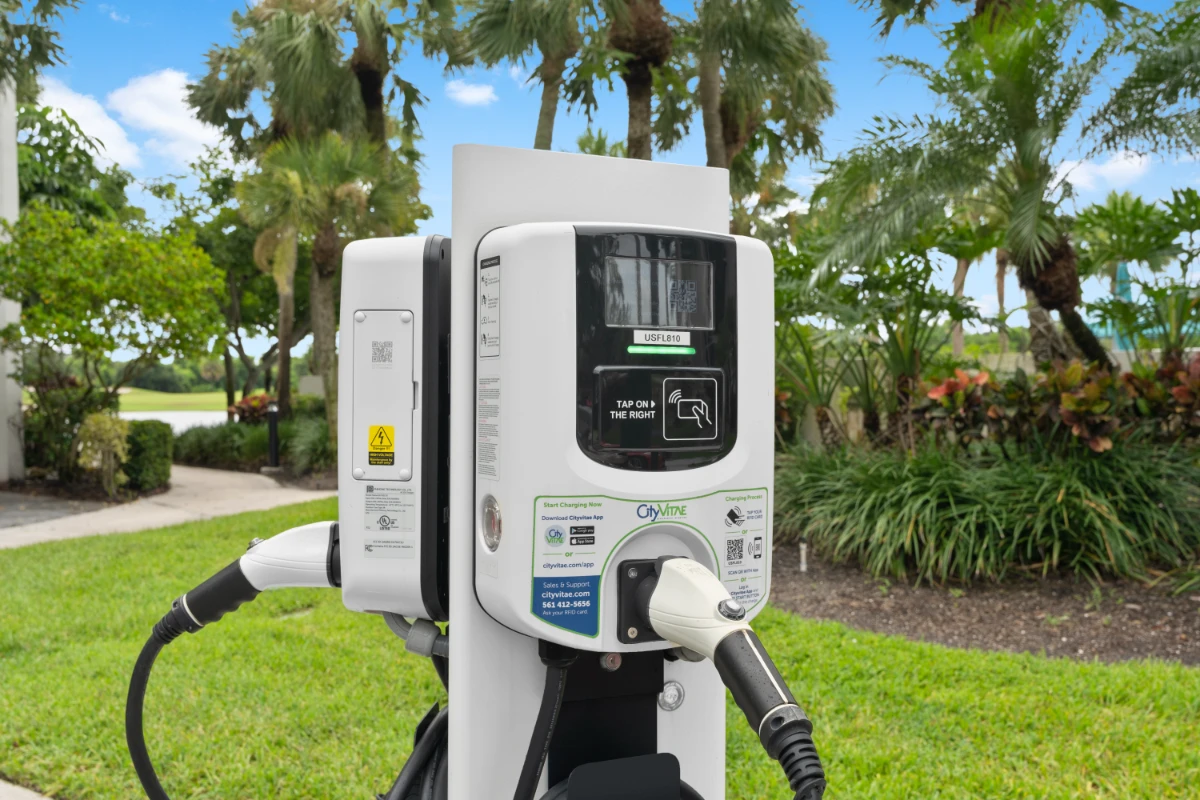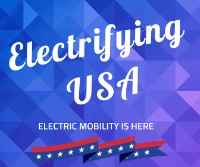From ensuring compatibility with different electric cars to facilitating seamless charging transactions, understanding the type of plugs used by different EVs is an essential aspect of efficient and effective EV charging.
In this article, we’ll guide you through the intricacies of charger plugs, the technical details behind them, and most importantly, which plug goes with which vehicle brand. Let’s dive in!
What is a J1772 Charger?
The J1772 charger is the standard EV plug type for Level 1 and Level 2 AC charging in North America.
The J1772 connector consists of five pins.
The first two pins in the J1772 plug serve as the primary conduit for carrying electricity from the charging station to your electric vehicle. Unlike your everyday electrical socket, these pins facilitate the transfer of AC power, similar to the power type used to energize most homes and buildings.
A third pin is used for grounding. Grounding establishes a safe route for electrical currents, directing them harmlessly into the ground in case of a malfunction in the electrical system. This is an essential safety element that is designed to minimize the risk of electrical shock and damage to the charger or vehicle.
The remaining two pins are responsible for transmitting data. This data transmission carries crucial information such as backend order, authorization, and vehicle recognition. These data pins also manage the communication of when to stop charging and how to adjust the charging speed or quantity.
What is a CCS1 Charger?

This plug type is essentially a J1772 connector with an added feature: two extra pins for DC fast chargers.
The upper part of the plug, with the same five pins, handles AC charging and communication similarly to the J1772 plug. The additional two pins at the bottom enable drivers to charge at DC fast charging stations, offering more versatility than its J1772 counterpart.
You can still plug a J1772 connector into the upper part of a CCS1 outlet, so if your electric vehicle is equipped with a CCS1 outlet you will be able to charge at all levels. If your car only has a J1772 outlet, you are only able to insert a J1772 connector.
The Uniqueness of Tesla Chargers
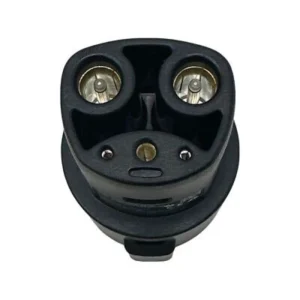
Tesla stands apart in the charging industry with its proprietary EV connector, which is designed exclusively for Tesla Superchargers and Level 2 Tesla chargers (same plug for both chargers).
Tesla controls the entire charging process – from their Supercharger stations to the adapters and connectors – and this unique approach provides a seamless charging experience for Tesla owners. All new Teslas come with a Tesla to J1772 adapter or can be purchased from Tesla for $45, and a Tesla to CCS1 adapter can be purchased for around $250, giving Tesla drivers the flexibility to use any kind of EV charging station.
The exclusivity of Tesla Superchargers means that non-Tesla EVs can’t use them. While this may change in the future, it’s important to choose a charger that is universally compatible, like all CityVitae chargers, in order to attract a wider range of EV drivers.
Overview of Different Car Brands and Their Plug Types
The type of charger your EV uses depends on your car’s brand and model. Typically, plug-in hybrids utilize a J1772 outlet, while fully electric vehicles accommodate the added Level 3 charging functionality that a CCS1 outlet provides.
Here are some common ones:
| J1772 Charger Only | J1772 and CCS1 Chargers | Tesla Charger |
| Jeep Wrangler 4xe | Ford Mustang Mach-e | Tesla Model 3 |
| BMW 330e | Hyundai Ioniq 5 | Tesla Model X |
| Ford Escape PHEV | Chevy Bolt EV | Tesla Model Y |
| Toyota RAV4 Prime | Polestar 2 | Tesla Model S |
| Mercedes C300e | Kia EV6 | |
| Volvo XC60 T8 Recharge | Audi E-tron | |
| Porsche Panamera E-Hybrid | BMW i3 |
It’s also important to note that Nissan and Mitsubishi use the Japanese CHAdeMO charger, which accommodates fast charging. Unlike the CCS1 standard, which integrates both AC and DC charging capabilities into a single combined plug, CHAdeMO can only be used for fast charging and requires a separate plug for AC charging (typically a J1772 plug).
Misconceptions About Plugs
A common misconception is that plugging the wrong connector into your EV can cause damage. However, this is untrue.
EV connectors and outlets are designed to be “poka-yoke,” a Japanese term that describes a mechanism put in place to prevent human error. Given their different shapes, it’s impossible to insert an incompatible plug into an outlet, which ensures the safety of vehicles and EV charging equipment.
It’s important to understand the differences in EV charging technology in order to assemble a charging infrastructure that best serves your customers. Click here to learn more about the differences between levels of EV charging, and how different chargers are able to address the needs of different drivers.
Embrace the electric revolution with confidence and continue your journey as an informed EV charging provider.
